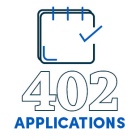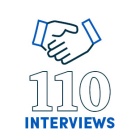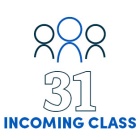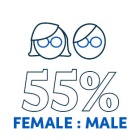Future Students
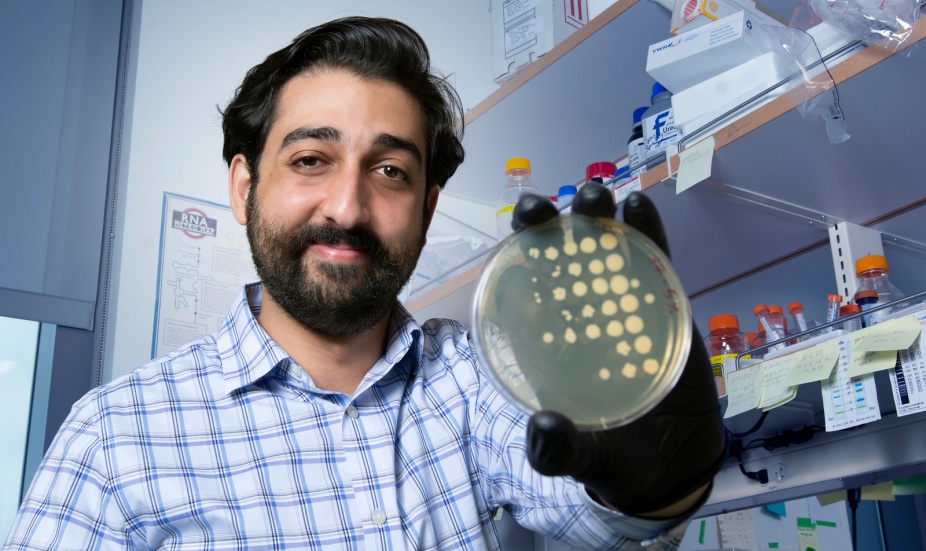
How It Works
The PhD Program in Biomedical Sciences (PPBS) allows you to experience different fields of research and laboratories before selecting a specialty area.
This fully-funded program provides an entry portal and a common first-year curriculum, equipping you with core knowledge and concepts to support your pursuit of a doctoral degree in one of our several participating disciplines. As a PhD student, you'll join one PhD program after your first year, while still collaborating across research areas.
PhD Program Options
- Biochemistry
- Biomedical Engineering
- Biomedical Informatics
- Genetics, Genomics, and Bioinformatics
- Microbiology and Immunology
- Neuroscience
- Oral Biology
- Pathology and Anatomical Sciences
- Pharmacology and Toxicology
- Physiology and Biophysics
- Structural Biology
Research Areas
- Behavioral and Cognitive Neuroscience
- Biochemistry, Cellular Biology, and Molecular Biology
- Biomedical Engineering
- Biomedical Informatics
- Biophysics
- Cancer Biology
- Cellular and Molecular Neuroscience
- Computational Cell Biology, Anatomy, and Pathology
- Genetics, Genomics, and Bioinformatics
- Immunology and Inflammation
- Microbial Pathogenesis
- Neurobiology of Disease
- Pharmacology and Addiction
- Physiology and Pathophysiology
- Stem Cells and Regenerative Medicine
- Structural Biology and Protein Science
Experience a Multidisciplinary Way of Thinking

Our Interdisciplinary Approach
How Dr. Anthony Campagnari and Dr. Mark Ehrensberger collaborated across silos to develop an innovate device to treat infections on metallic implants.
Academic Health Center
The University at Buffalo Academic Health Center brings together the talents of clinicians, educators and researchers to provide a superb research and educational environment to foster basic discovery in the biosciences, health-sciences translational research, preventive and interventional clinical trials, superb clinical care, and training of the next generation of health care practitioners in these disciplines.
Benefits
- We are distinct and one of only a few that include the full complement of health schools.
- We provide a unique environment by merging educational training, patient care, health-sciences translational research, and clinical trials.
- We are committed to collaboration with our centralized location in downtown Buffalo at the new home of the Jacobs School of Medicine and Biomedical Sciences.
Put Your Passion Into Practice
Our well-structured interdisciplinary curriculum gives you the opportunity to participate in a spectrum of state-of-the-art research with accomplished UB faculty. Our approach helps you make an informed decision about selecting a research focus—a decision that will shape your career, whether in academia, industry or government.
Whatever you are interested in studying, you will have the chance to start training in a research lab right away. From discovering your interests, to refining your techniques, our program gives you the training necessary to become a great scientist.
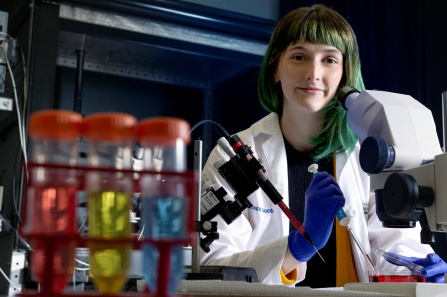
Individual Approach, Individual Attention
Graduate students benefit from a training structure where answers to scientific questions are provided by faculty from a variety of disciplines and scientific fields. The collegiality of our faculty further contributes to your successful pursuit of educational and scientific goals.
Broad-based expertise
Our faculty include about 160 individuals in the basic sciences alone with diverse research interests encompassing all aspects of modern biomedical science. Physician-scientists in the clinical departments pursue translational research in a variety of fields and often have adjunct appointments in the basic sciences for collaborative research and educational interactions.
Respected Contributors
Our faculty are expert reviewers on research study sections of the National Institutes of Health, the National Science Foundation and others. They serve on editorial boards and publish in leading journals such as:
- Nature
- Journal of Biological Chemistry
- Endocrinology
- Cell
- The American Journal of Physiology and Science
Competitive Funding
Faculty members are competitive for grants from numerous professional and philanthropic research organizations including:
- The National Institutes of Health
- The National Science Foundation
- The John R. Oishei Foundation
How to Apply to Grad School

Are you looking for a fulfilling career, but know you'll need more training? That next step can be intimidating, so we guide you through the process. With our faculty experts by your side, you'll master current concepts and research skills, empowering you with the confidence to launch a successful career in the biomedical sciences.
Download our workbook today, and we'll walk you through our 5 tips to prepare you for success!
How to Apply to Grad School YouTube Series
How to Choose a Mentor Workbook
Is selecting a research mentor in your near future? Already feeling overwhelmed by the process?
Don't worry, we've compiled a workbook just for you! How to Choose a Mentor: 7 Steps to Find the Perfect Match is available to download at the link below.
You'll learn what makes a good mentor, how to prioritize your wishlist, how to craft an introductory email, and so much more. Download your workbook, and get started today!

Admissions Statistics: Incoming Class of 2023
